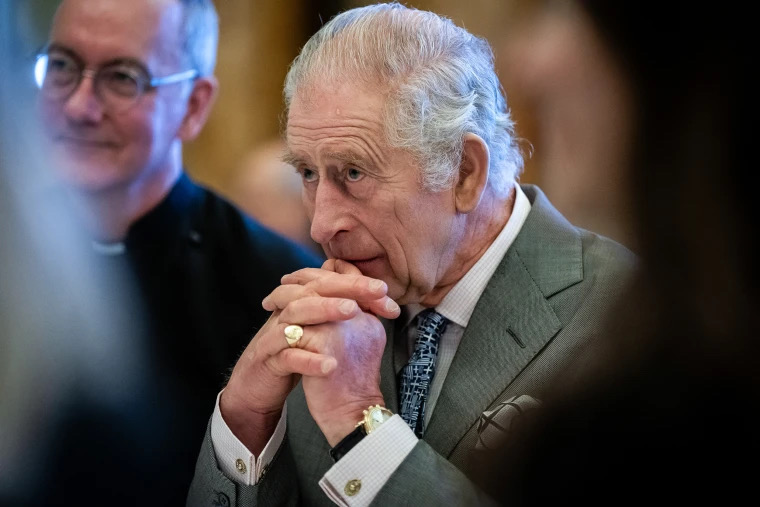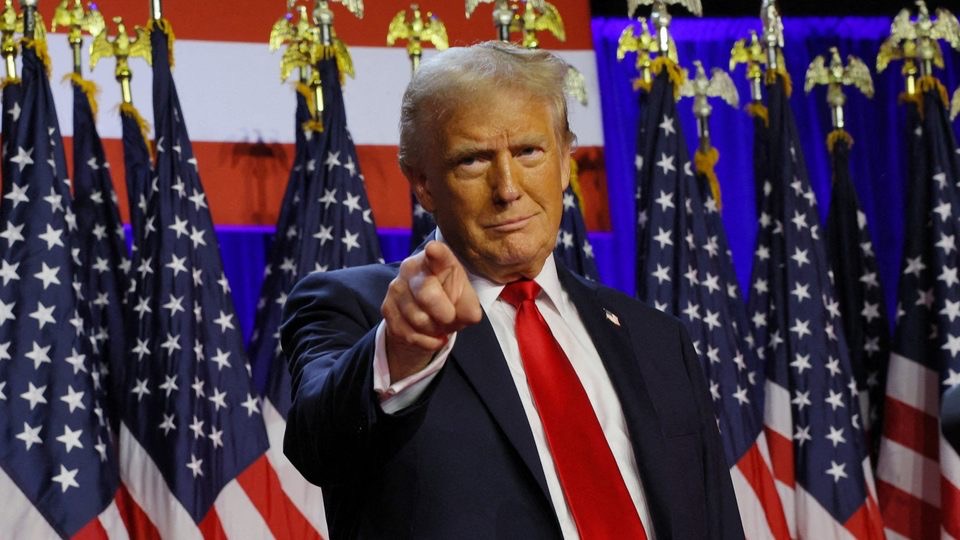Just 16 months after Queen Elizabeth passed away, another tragedy has struck in Windsor Castle. King Charles III, monarch and figurehead of Great Britain, was diagnosed with an undisclosed variant of cancer in early February.
Since Buckingham Palace made a public announcement regarding Charles’s condition, the press has been swirling with well wishes, rumors, and predictions, as to what this could mean for the English monarchy. Charles has decided to withdraw from all public duties during his recovery process. Prince William, next in succession for the throne, was recently indisposed as he helped his wife Catherine heal from abdominal surgery. He will be returning to duties this week, likely in response to his father’s diagnosis. Prince Harry, who has famously distanced himself and his family from the monarchy, will be traveling from the United States to the UK to visit the King.
The public response to Charles’s diagnosis has been majorly supportive, and the King released a declaration of thanks towards all of the heartfelt messages he has received.
“As all of those who have been affected by cancer will know, such kind thoughts are the greatest comfort and encouragement,” Charles said on Saturday, February 3rd.
According to the palace, the King has begun regular cancer treatments, but it is unknown whether these will include radiation or chemotherapy. In the past, Charles has endorsed alternative cancer remedies, such as homeopathy. This treatment protocol was developed in the early 1800s by a German physician. In 2004, then-Prince Charles stated that cancer patients should be treated with Gerson Therapy, which consists of daily coffee enemas, fruit juice, and vitamin injections. Doctors and experts have criticized his support of these treatments.
“There is no scientific evidence to support (Gerson Therapy) as a treatment for cancer,” Cancer Research UK said in response to Charles’s statement.
No matter what methods King Charles chooses to treat his condition, his family and supporters will continue to wish him well as he combats a dire, aggressive disease, so soon after acquiring the British crown.







